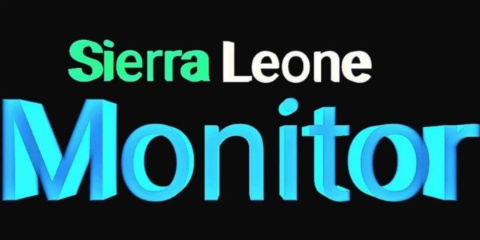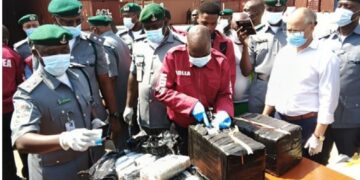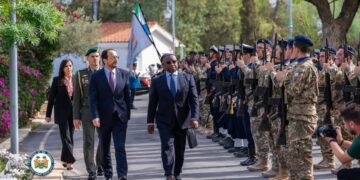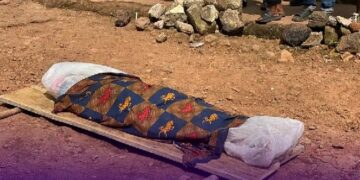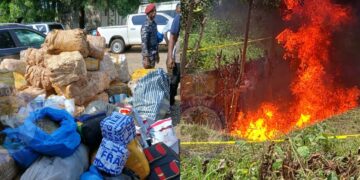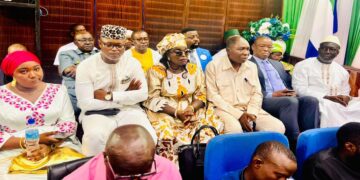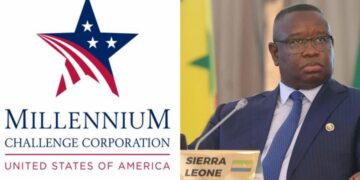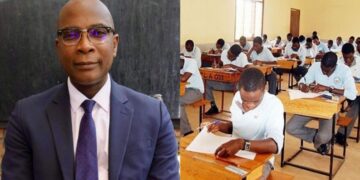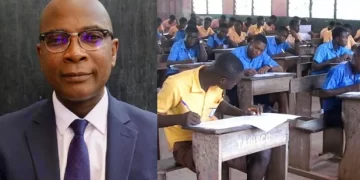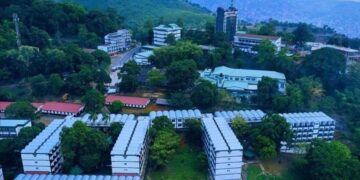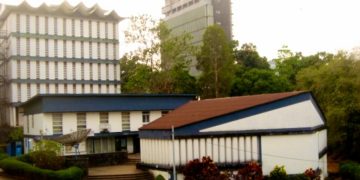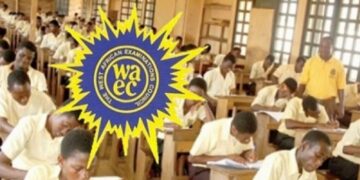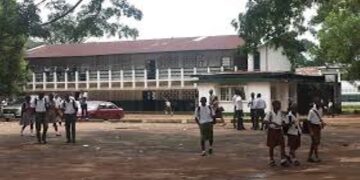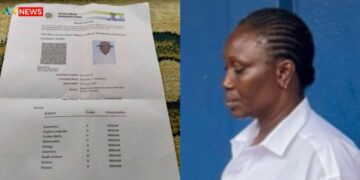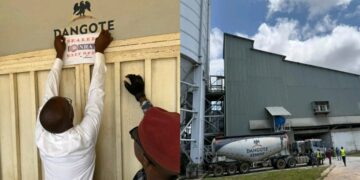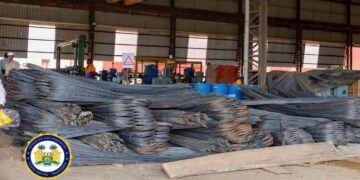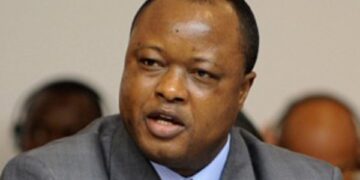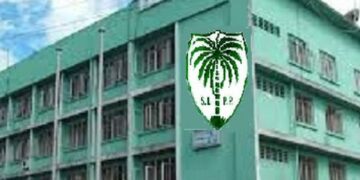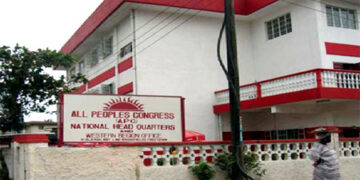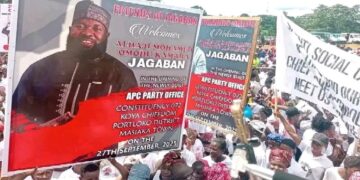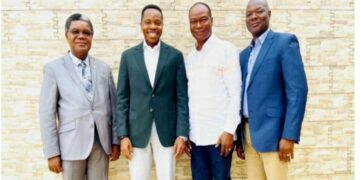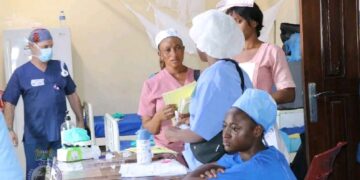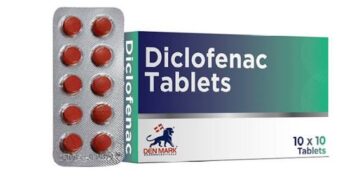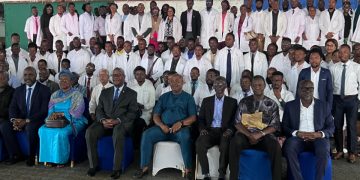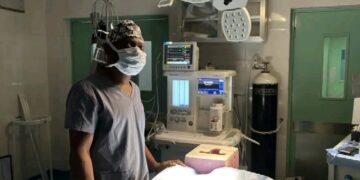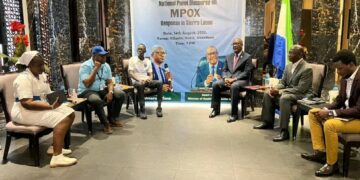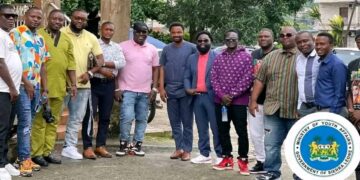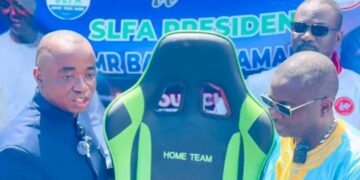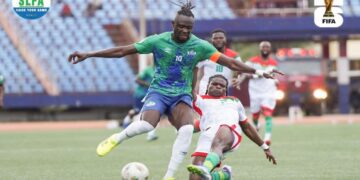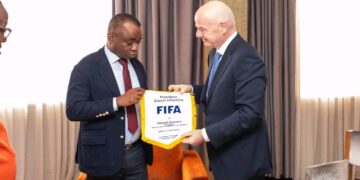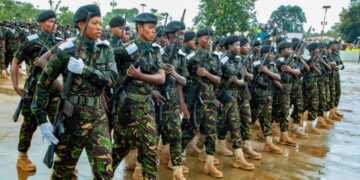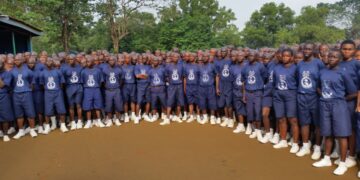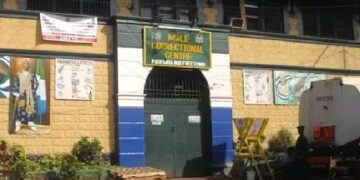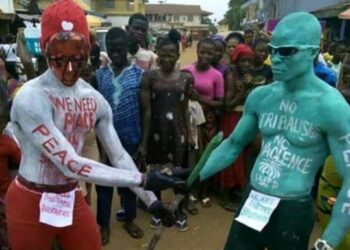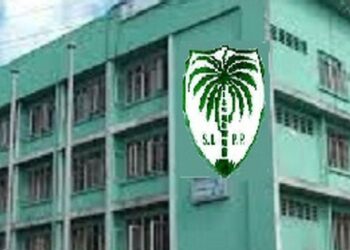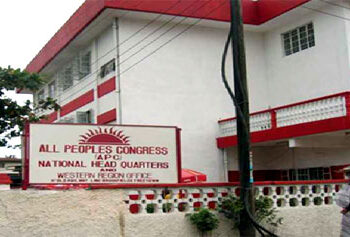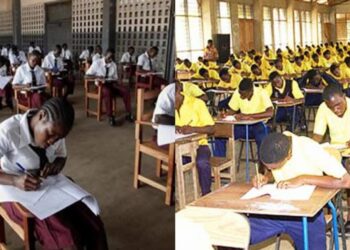The Political Parties Regulation Commission (PPRC) has begun formal proceedings into a complaint lodged by former Vice President Alhaji Sam Sumana against the All People’s Congress (APC), marking a significant moment in ongoing debates about internal party democracy and constitutional rights in Sierra Leone.
Sumana’s petition challenges a clause within the APC Constitution that he says unjustly bars him and other members from vying for top leadership positions. He argues that the clause contradicts the 1991 Constitution of Sierra Leone, which guarantees all citizens the right to participate freely in political activities, join political parties, and contest for public office without discrimination.
According to the former vice president, any restriction that limits these rights not only undermines democratic principles but also weakens citizens’ confidence in political institutions.
At the preliminary hearing held on Thursday, PPRC commissioners reviewed submissions from both Sumana and representatives of the APC.
The Commission outlined the procedural steps that will guide the inquiry, stressing that its mandate is to ensure compliance with national laws and to promote transparency, fairness, and lawful conduct within all registered political parties.
Officials also emphasized that the Commission acts as a neutral body tasked with resolving internal party disputes and safeguarding the integrity of Sierra Leone’s multi-party system.
The case has drawn considerable attention from political analysts, civil society groups, and the general public. Many see it as a test of how far political parties are willing to go in aligning their internal rules with constitutional provisions. Others believe the outcome could influence future debates about political inclusion, party reforms, and leadership succession, especially as parties begin preparations for upcoming electoral cycles.
Legal experts note that the Commission’s eventual decision could set a precedent affecting not only the APC but all political parties whose constitutions contain restrictive eligibility clauses. If the PPRC rules in favour of Sumana, parties may be compelled to amend internal documents to prevent conflicts with national laws, thereby strengthening democratic participation.
The PPRC is expected to continue hearings in the coming days, after which it will deliver a ruling that could have far-reaching implications for party politics and constitutional governance in Sierra Leone.
